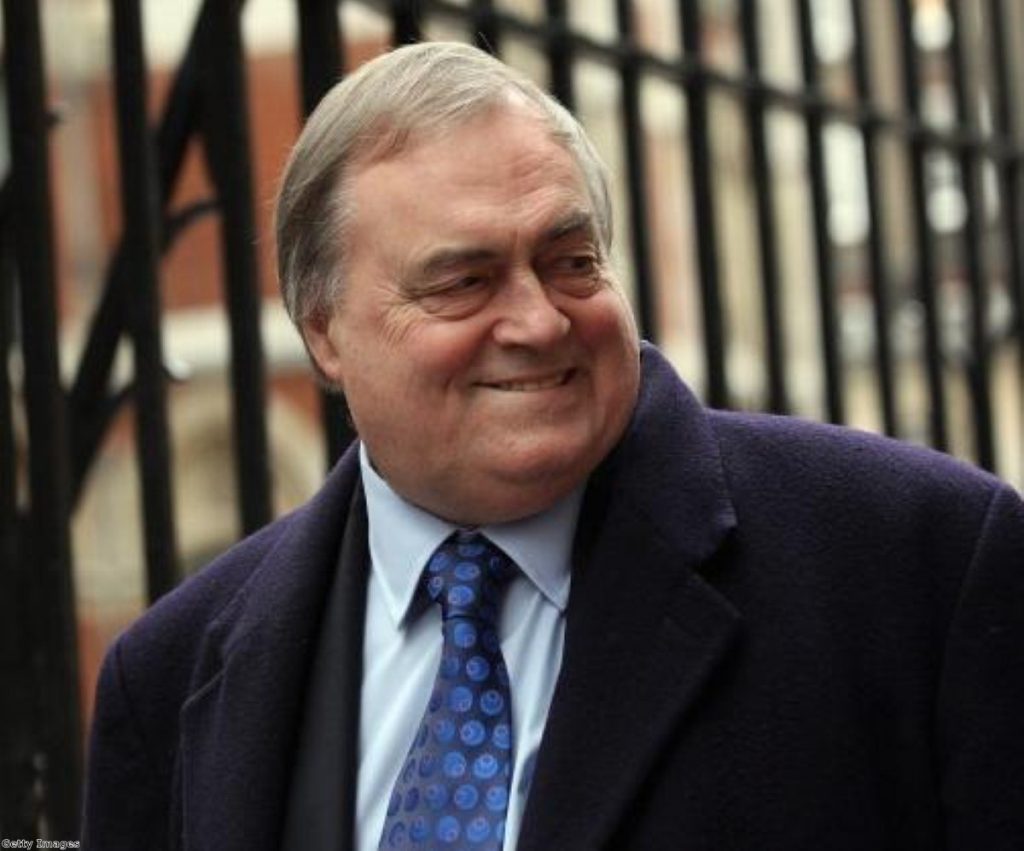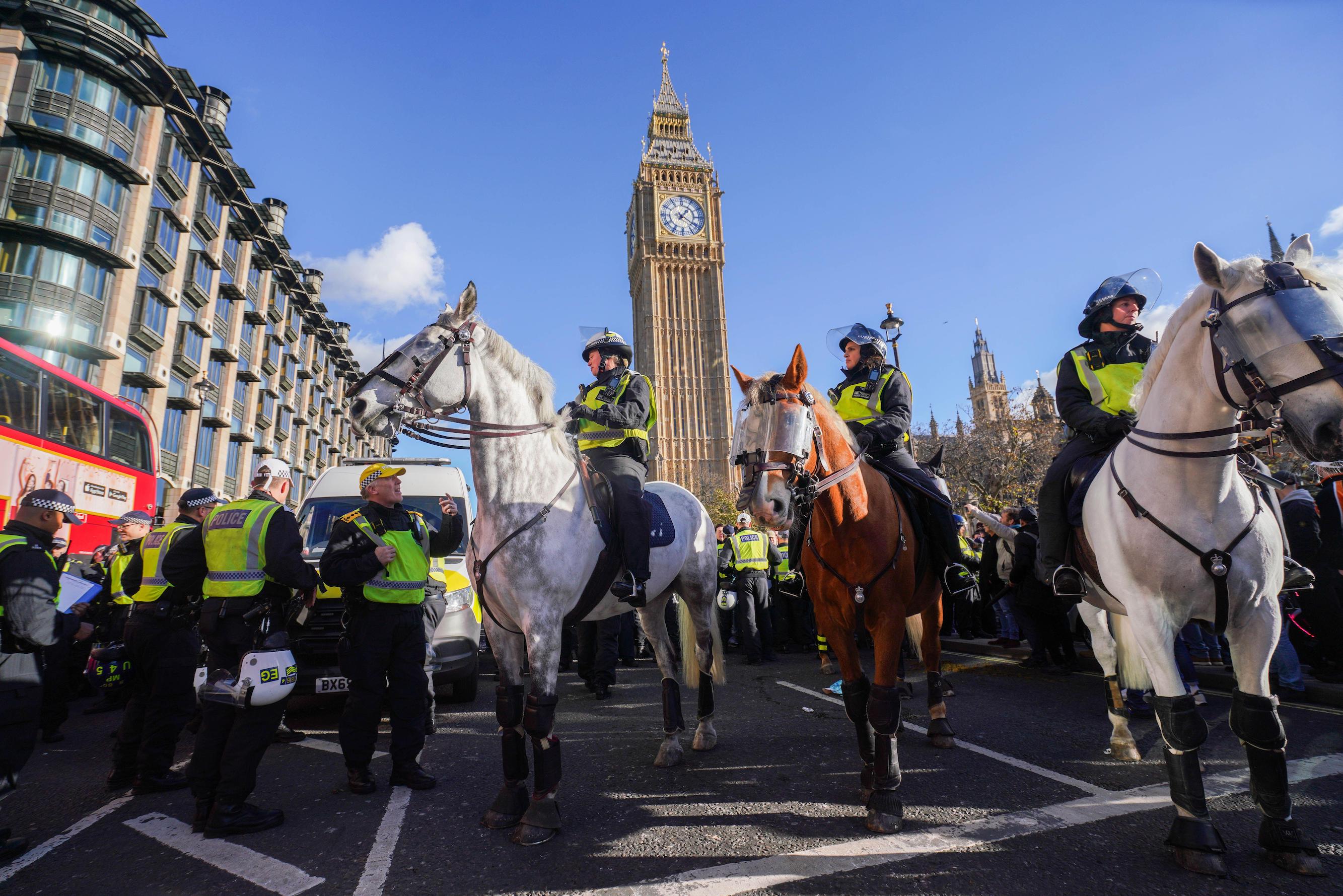Overview
In April 2023, the UK government published a white paper setting out how it wants gambling regulation to change.
Speaking in the House of Commons after the publication of the white paper, culture secretary Lucy Frazer said the long-awaited Gambling White Paper will help “redress the power imbalance between punters and operators” while preventing addiction.
The white paper is the result of a review launched in 2020, and its publication had previously been postponed multiple times.
The announcement of a review followed the explosion of online betting and a number of high-profile cases where customers suffered significant losses or took their own lives as result of gambling. Over 16,000 submissions were received in response to the government’s call for evidence prior to the white paper’s publication.


Under the government’s proposals, online casinos will face tougher restrictions, but the majority of measures are subject to further consultation, signaling even more delay.
The government billed the changes as providing much-needed regulatory clarity, and helping establish the social and legal framework of the gambling sector in the UK.
The white paper marks the first major attempt to change to the regulation of the gambling industry since the Gambling Act 2005 was passed, helping — the government argues — to redress the power imbalance between punters and gambling companies when things go wrong.
Around 300,000 people in Great Britain are estimated to be experiencing “problem gambling”, which is defined as gambling to a degree which compromises, disrupts, or damages family, personal or recreational pursuits. A further 1.8 million are identified as gambling at elevated levels of risk.
Key proposals in the white paper include:
Affordability checks for punters making big losses;
curbs on digital marketing;
maximum stakes for online slot machines of between £2 and £15 for all customers subject to consultation, bringing online gambling in line with high street “bricks-and-mortar” equivalents;
and a new statutory levy which will see gambling companies required to fund more research, education and treatment.
Background
In 2020, then-PM Boris Johnson launched a review of the Gambling Act 2005 after concerns were raised that the document might need to be updated to apply to the digital age. The review was widely expected to lead to a white paper outlining modifications to the 2005 Act.
In February 2023, prime minister Rishi Sunak created the new Department for Science, Innovation, and Technology (DSIT) and a “refocused” Digital, Culture, Media, and Sport (DCMS). The change led to another change in culture secretary, with Lucy Frazer now entrusted with the proposals after incumbent Michelle Donelan was shifted to (DSIT).
Since the announcement of the gambling review, there have been four culture secretaries: Oliver Dowden (2020-2021), Nadine Dorries (2021-2022), Michelle Donelan (2022) and Lucy Frazer (2022- ).
Sunak’s recent cabinet shuffle also caused frustration as to junior ministerial changes. Paul Scully, then a DCMS minister charged with delivering on the review, was moved out of his post.
There are 3 core areas marked out for change under the white paper
1. Affordability
The gambling white paper proposes two thresholds at which checks on affordability for punters should take place. The first is a “moderate loss threshold” at either £125 net loss in a rolling month period or £500 net loss within a rolling year period. In this instance, indicators of the punter’s “financial vulnerability”including average postcode affluence and bankruptcies will be checked.
The second check will be triggered by what the white paper describes as “binge gambling”, that is a net £1,000 loss in a 24-hour period. This will lead to an “enhanced spending check”, the details of which are still subject to consultation.
2. Levy reform
With the gambling white paper, the government has begun the process of reviewing the statutory gambling levy.
Under the Gambling Act 2005, the secretary of state for culture can make regulations requiring gambling companies to pay an annual levy to the Gambling Commission, also created under the Act.
The Gambling Commission requires all licensed operators to make a voluntary contribution of 0.1% of net revenue towards the research, prevention and treatment of gambling-related harm.
- Money from the levy can be used for projects relating to:
addiction to gambling.
other forms of harm or exploitation associated with gambling.
any of the Act’s licensing objectives.
Critics claim the current funding arrangement does not generate enough money to prevent and treat gambling-related harm, an area the new white paper aims to treat.
In a May 2022 blog, Brigid Simmonds, Chair of the Betting and Gaming Council, claimed a statutory levy would not make a “tangible difference” to problem gambling rates.
3. Advertising
With the White Paper, the Gambling Commission will now undertake a consultation into providing bettors with more control over the types of marketing they receive. Technology will also be used by betting operators to target adverts away from children and vulnerable people. The Gambling Commission will now also consult on ensuring that bonus offers are not being deployed in ways that only exacerbate harm for problem gamblers.
The white paper will also create a non-statutory ombudsman who will give customers a single point of contact when things go wrong.
House of Commons announcement
Speaking in the House of Commons on April 27th, culture secretary Lucy Frazer said: “We know many addicts find each time they break free from the temptation to gamble, they are drawn back into the orbit of online companies with the offer of a free bet or some free spins”.
She said a new statutory levy would “turn the tables on problem gambling, one that sees gambling companies required to fund more groundbreaking research, education and treatment”.
Ms Frazer also said the Government will do more to “protect children” by “ensuring children can do no forms of gambling, either online or on widely accessible scratch cards”.
On the plan to remove restrictions for the land-based sector, she said: “Finally, we know the current status quo disadvantages casinos, bingo halls and other traditional premises compared to their online equivalents.
“A number of assumptions which prevailed at the time of the 2005 Act now look increasingly outdated. So we plan to rebalance regulation and remove restrictions which disadvantage the land-based sector”.
The current system of gambling regulation in the UK
The Gambling Act 2005 was designed at the time to control all forms of gambling in England, Wales and Scotland.
- The Act gives its objectives as
preventing gambling from being a source of crime or disorder, being associated with crime or disorder or being used to support crime,
ensuring that gambling is conducted in a fair and open way, and
protecting children and other vulnerable persons from being harmed or exploited by gambling. - When the 2005 Act was crafted, almost all gambling took place in brick-and-mortar high street betting shops and at casinos and racetracks. Now, the industry makes more than 40% of its £14 billion annual revenue from online gambling. Campaigners have been calling for further regulation of the online space in this area.
In between the passage of the 2005 Act and the publishing of the white paper, there have been some changes to gambling regulation in the UK. These include:
- Cutting stakes on fixed-odds betting terminals in 2019;
Banning credit card gambling and reforming online VIP schemes in 2020;
Introducing new limits to make online slots safer in 2021;
Upgrading rules on identifying and intervening to protect people showing signs of harm in 2022.
New legislation in 2014 under the Gambling (Licensing & Advertising) Act made several updatesto the 2005 Act, including a requirement that all off-shore gambling brands apply for a licence from the Gambling Commission.
The 2014 update also meant that off-shore gambling brands should submit to a 15% point of consumption (POC) tax on gross profits.


























